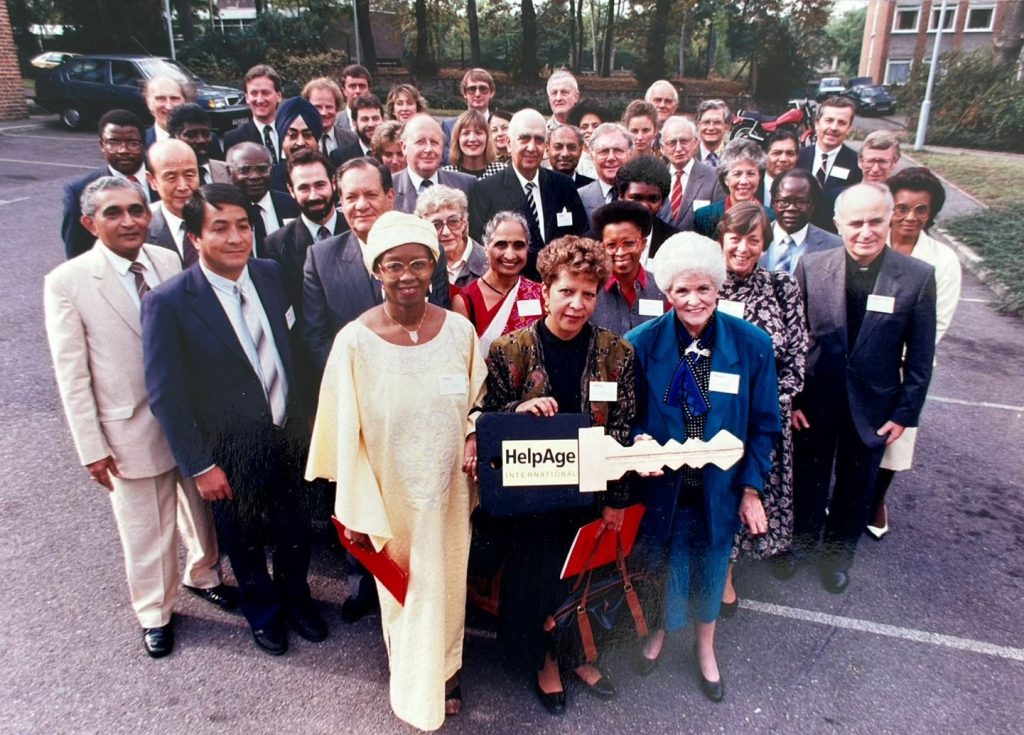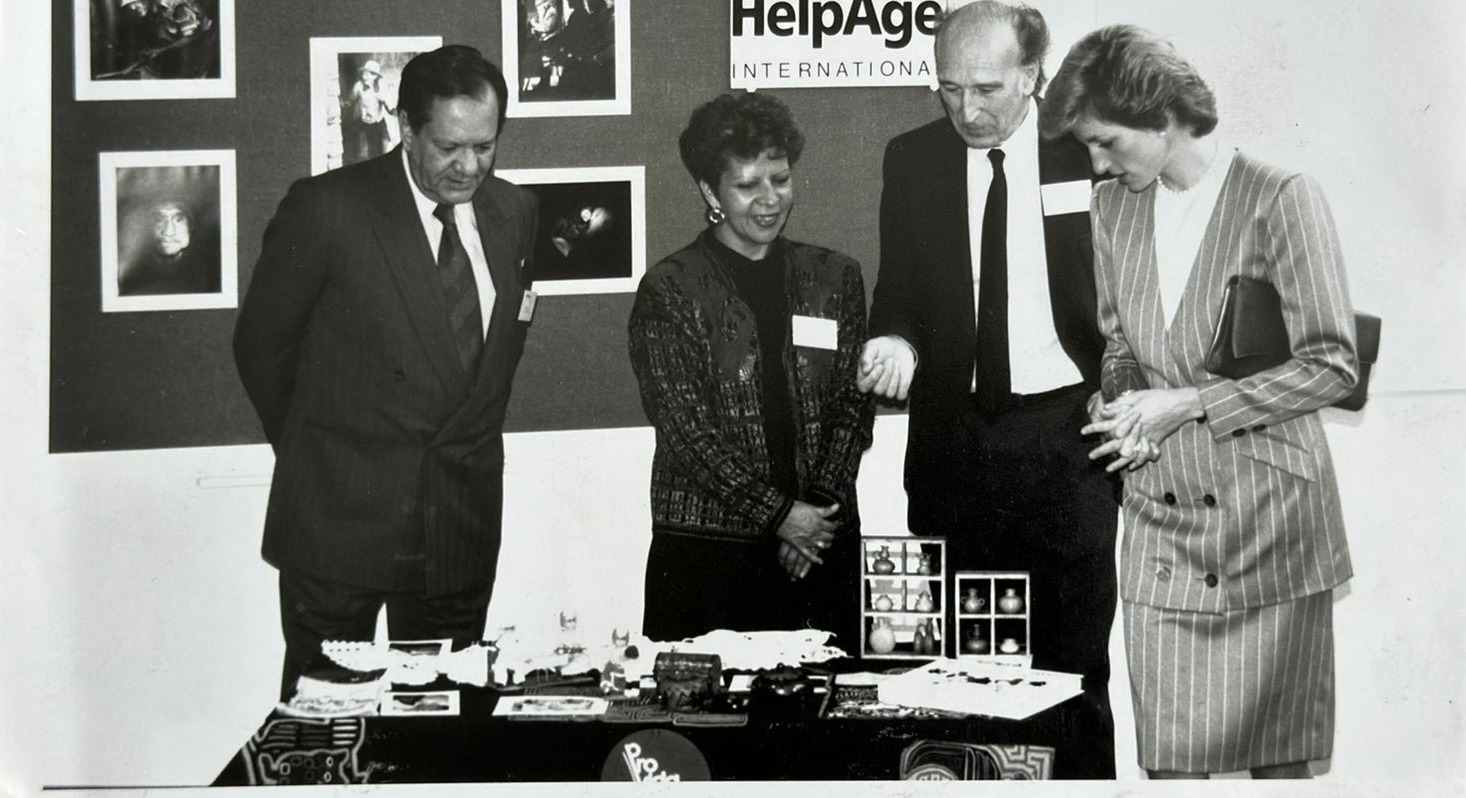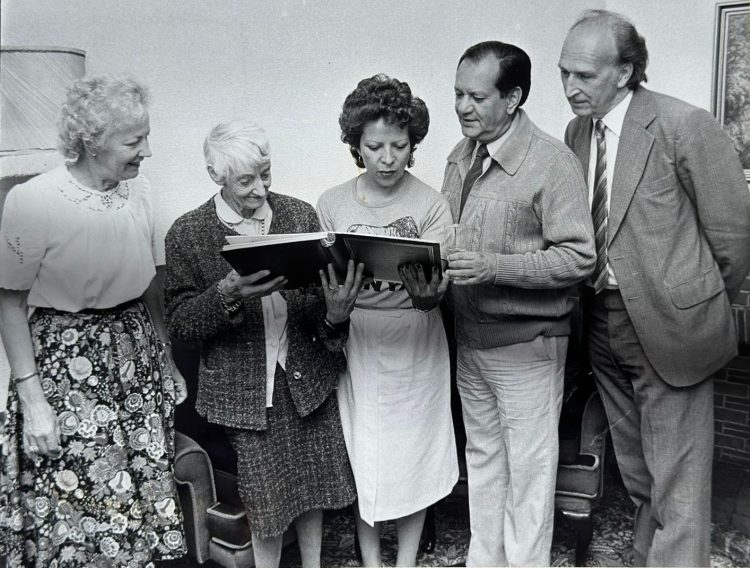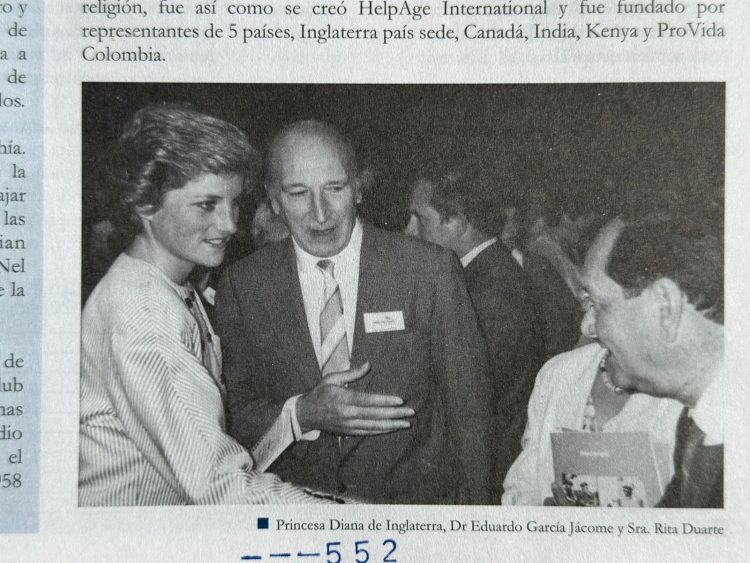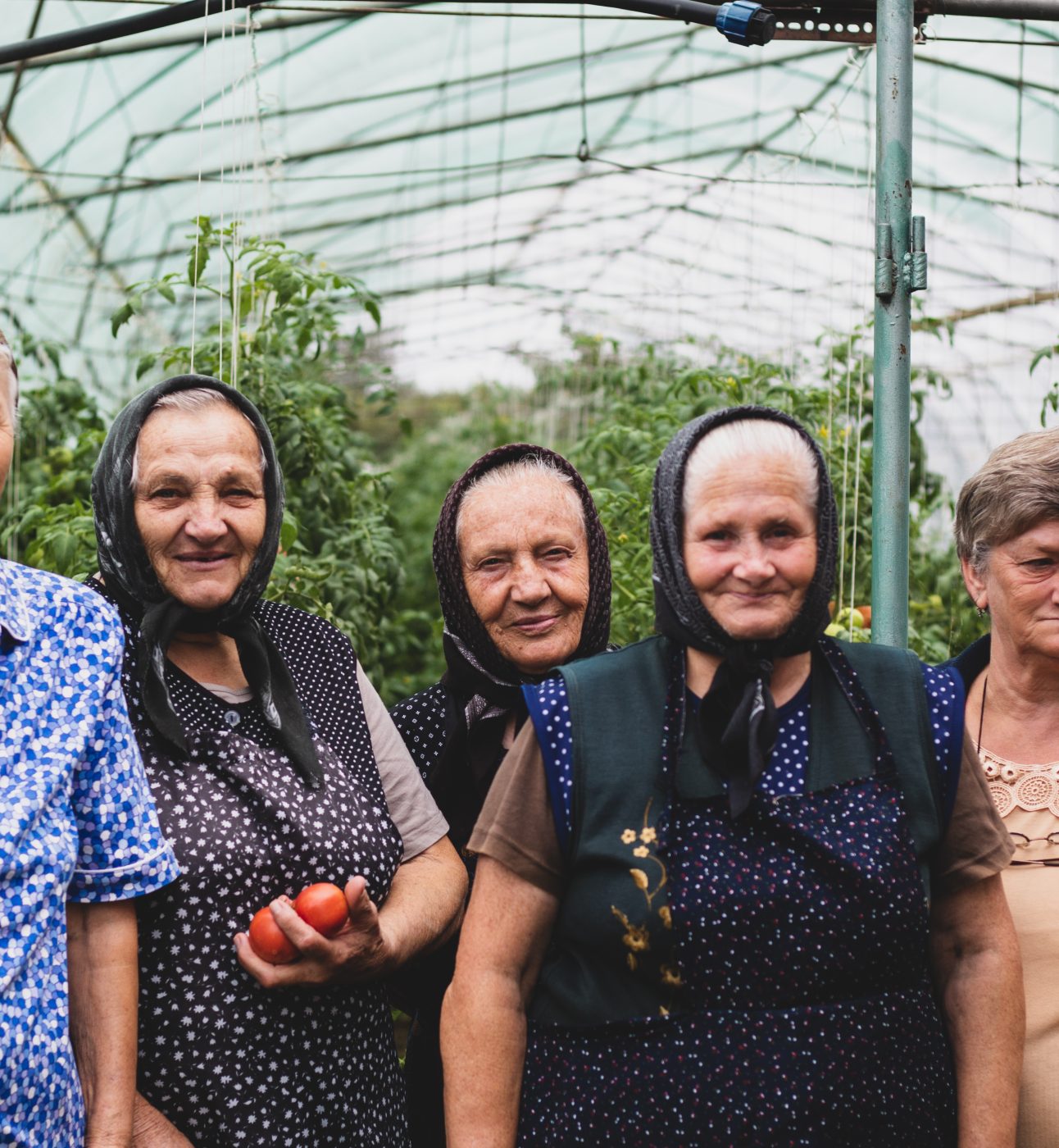How have the lives of older people changed compared to 40 years ago?
They have changed a lot. Many years ago, there weren’t the facilities or opportunities that there are now. Things have changed for the better and there is more opportunity for older people to feel confident about themselves, have a purpose, work and contribute.
In the ProVida groups there are many people who have learned from the classes we run and now make crafts that they can sell and help each other out in life.
The meaning of ProVida is ‘for life’, for continuing to live. It means that we do not slow down as we age and can continue to be productive, get ahead, have security and self-esteem. It seems to me that this part has already been achieved.
When you look back, are you pleased with all that you have achieved with ProVida?
I never thought we would get this far! But I do feel very happy, because helping older people is at the core of how I have felt since I was little.
I love older people and I feel so, so happy because this has been passed down to the next generation. My daughter is now in charge of ProVida and my grandson is also helping and working with us. That’s very rewarding, isn’t it?
The goal was to share ideas, to share, to learn from others. We had the idea, which matured over time, to plant the seed amongst children and young people so that they grow up knowing, valuing, and loving the elderly.
If my husband Eduardo were still alive he would say: “How does Doña Rita feel knowing that you, as part of the group of five who created HelpAge International, were ahead of your time? Forty years ago you identified this need and this is something that is now being implemented across the sector.”
Since 1974, Pro Vida Colombia has worked to improve the lives of older people, paying a central role in providing information, advice and support for organisations caring for older people in the country. The organisation’s social welfare programmes aim to develop leadership skills and encourage participation in community life, with other programmes focusing on health, nutrition and the development of social policies for older people.
